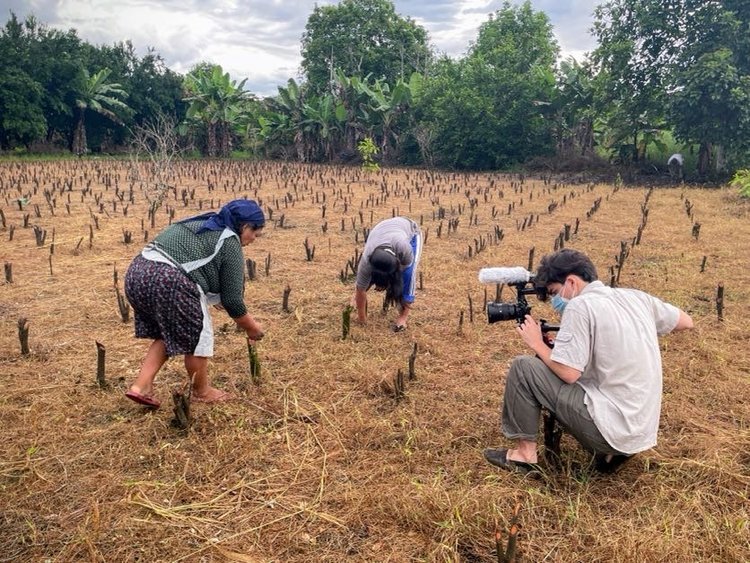Discovering a Holistic Approach To Human Rights Advocacy
José Ginocchio Moraiz
I am skeptical of programs that take students to travel to other countries “to do good.” Study abroad programs often become means to utilize marginalized communities in other countries as learning props for foreign students. Too often, programs like this are designed to have virtually no impact, provide no reciprocity, create false hope and enforce asymmetrical power dynamics with interlocutors. I am glad to say that my experience with the UNHR was very different from the start.
During the very first class we discussed “To Hell with Good Intentions” (1968) where Ivan Illich bluntly dissects the elements of self-gratification and colonialism that “do gooders” incur during their well-intentioned trips to Latin-America. Following that first class, I learned about concrete means of advocacy and was asked to think about effective strategies for real life scenarios. Moreover, before I was even allowed to set foot into my first field experience with the organization, the UNHR hired dozens of actors so a few students and I could make mistakes and learn in simulated complex situations instead of using marginalized people in other countries as guinea pigs for our professional advancement. The experience was enhanced by the pages and pages of raw and honest criticism as feedback we received after the simulation.
Once in Bolivia, I started the project that we had been preparing: publicizing massacres in Bolivia through film. Under the direct and constant supervision of UNHR instructor Thomas Becker, who has a long history of impactful advocacy projects in the country, we began documenting the killings that took place only two years earlier. The experience was challenging and demanding. There was a lot of work, learning, and healthy optimism that there is actually something that a student can do.
After that experience, I continued learning in an advanced seminar and having one-on-one conversations with truly inspiring advocates. The UNHR has managed to put together a carefully planned pedagogy, professors that have been tackling human rights issues for decades, and an impressive network of collaboration between universities. This has renewed my faith that different and more ethical programs are possible, and I hope more students get the chance to be part of a program like this.


